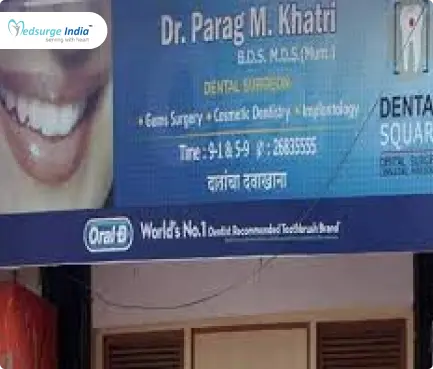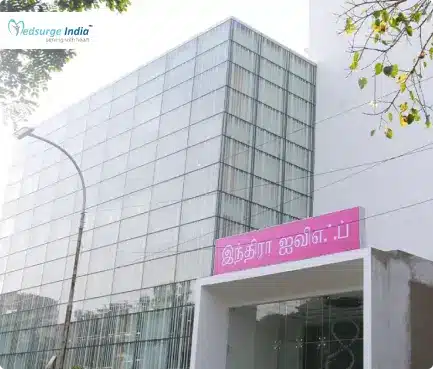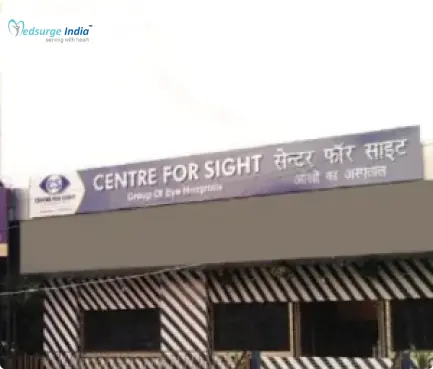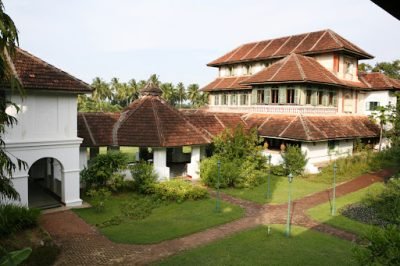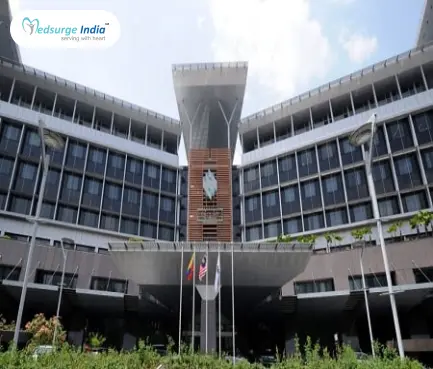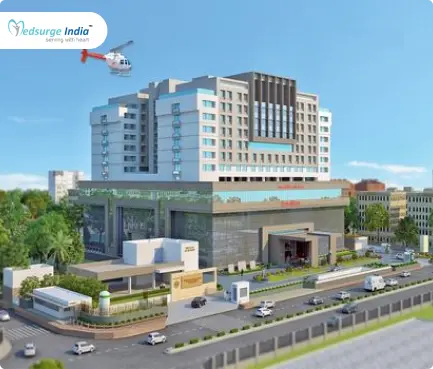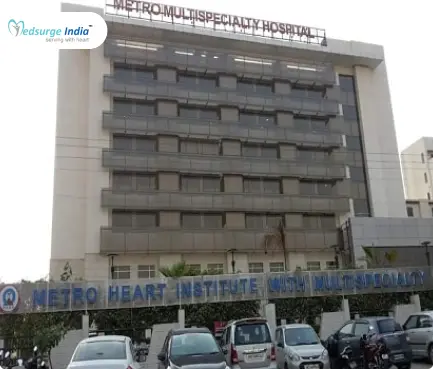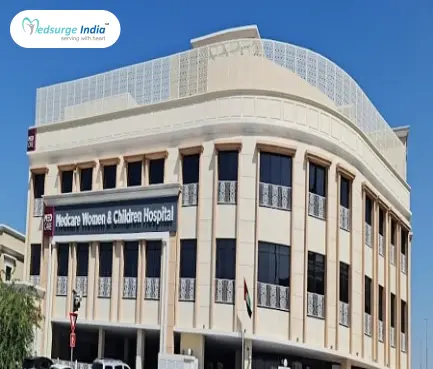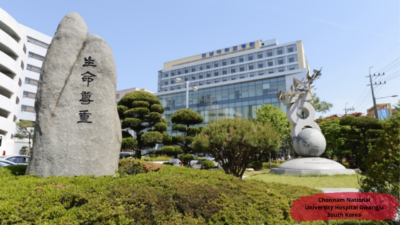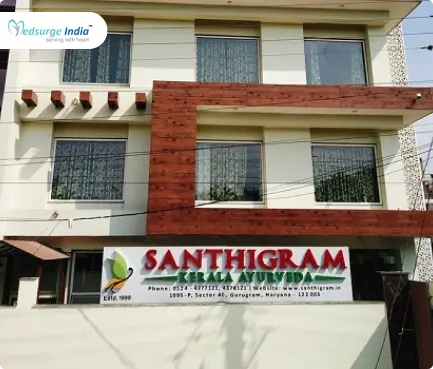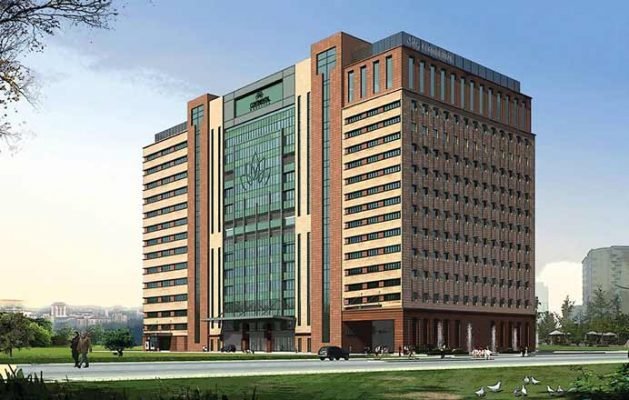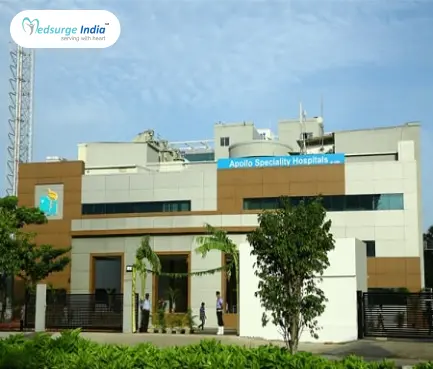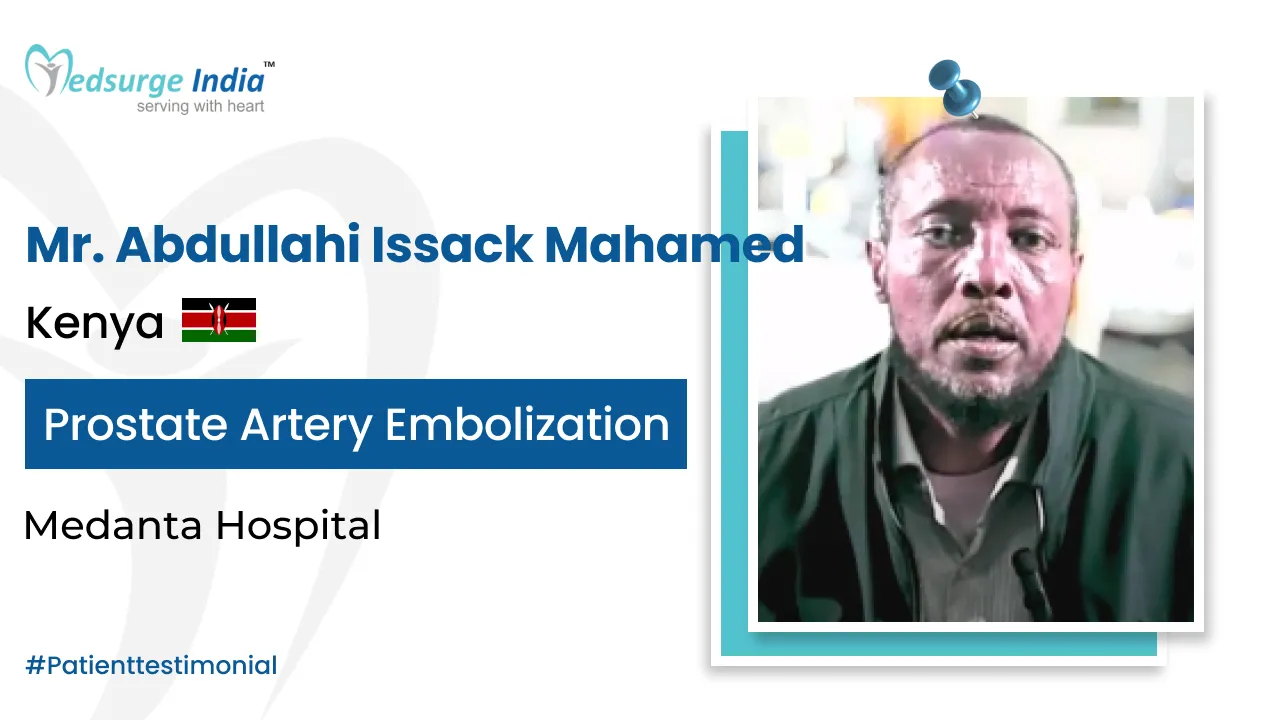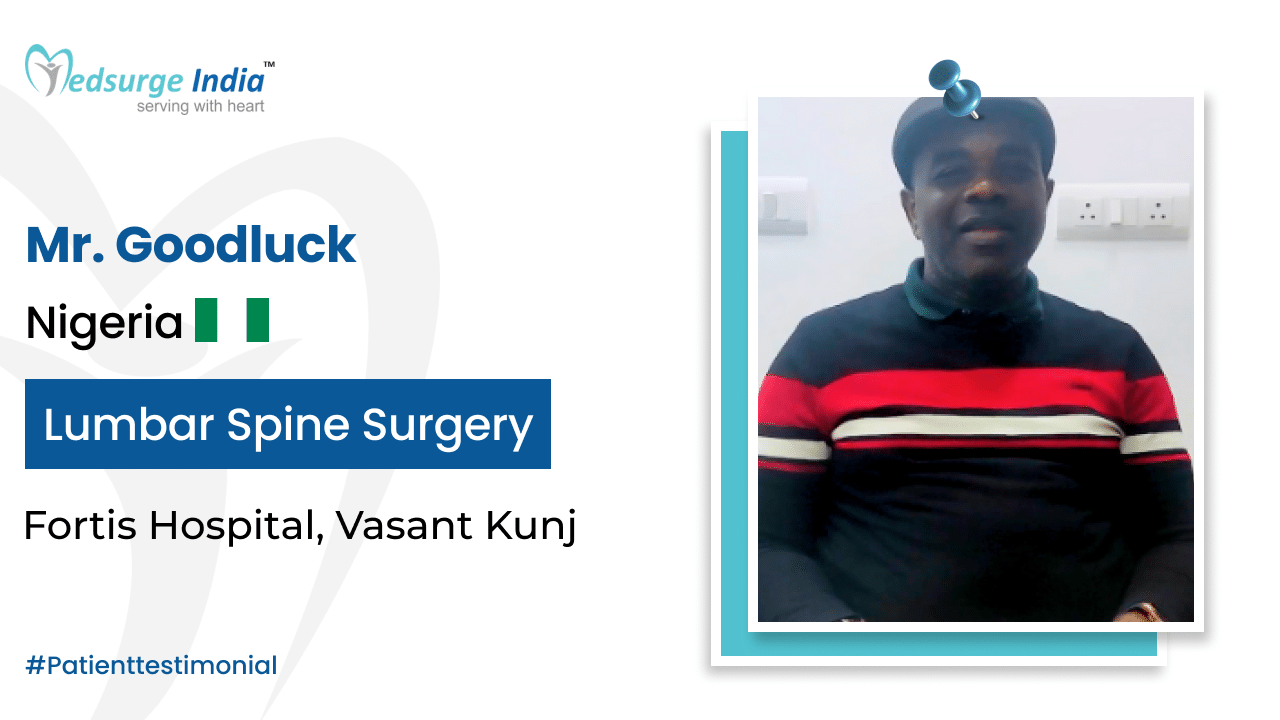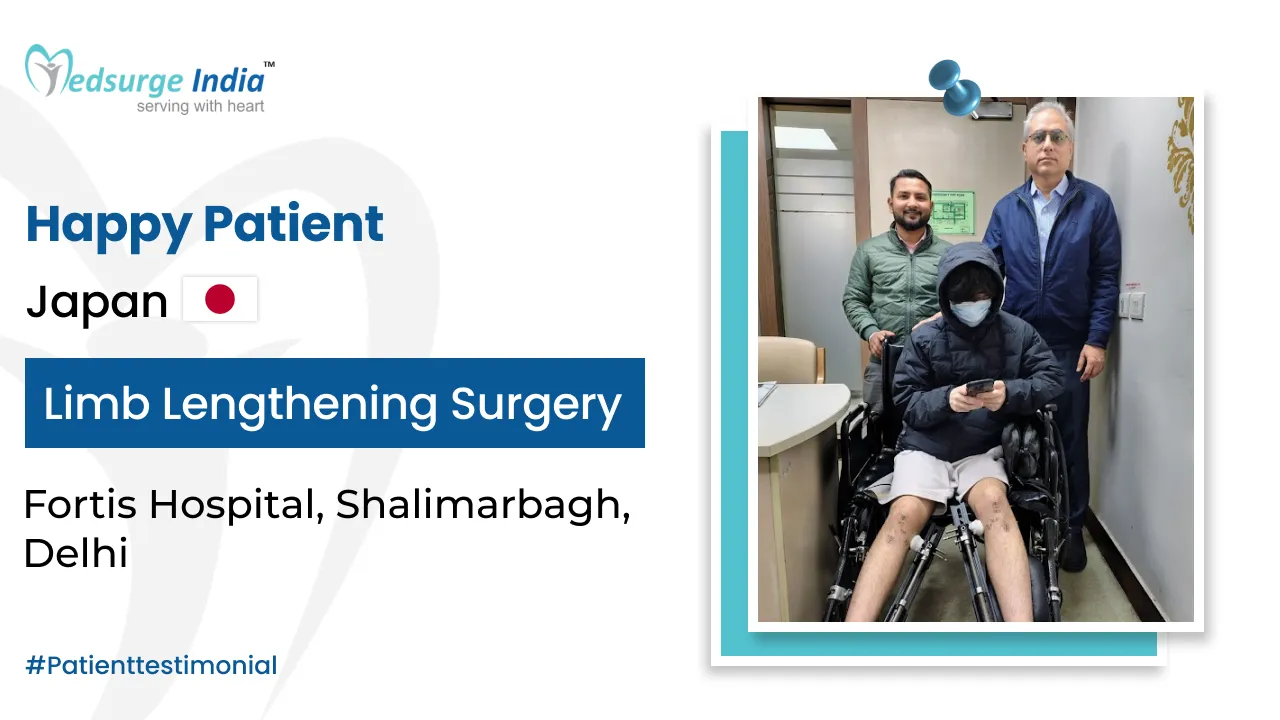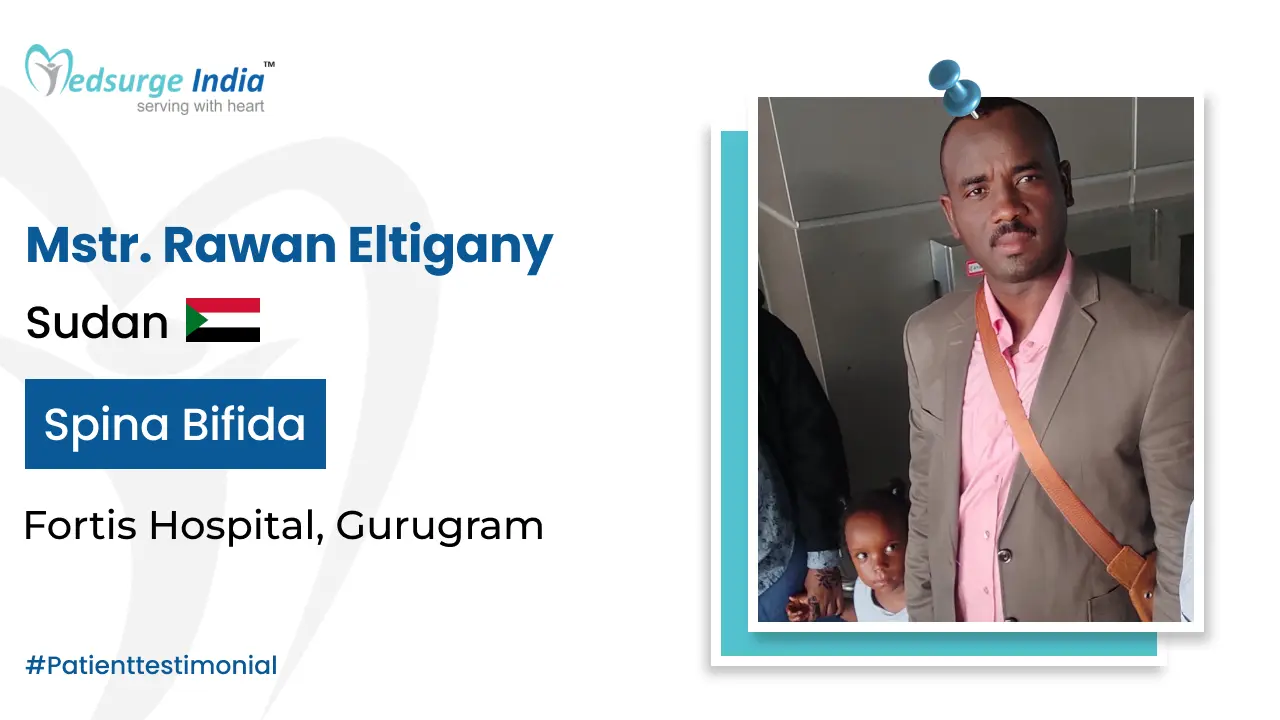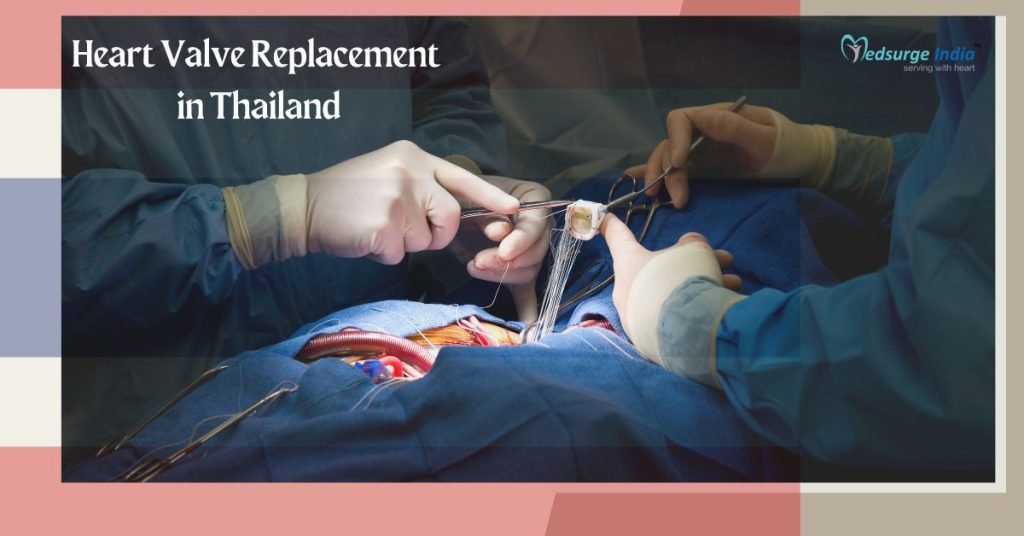
One or more of the four heart valves are repaired or replaced during heart valve surgery. Your heart’s four chambers are separated by your valves, which maintain proper blood flow. Blood should flow through your heart in a single direction every time your heart beats if your valves are functioning properly. Aortic and mitral heart valve replacements are two options for heart valve replacement. Today’s valve replacement surgeries are incredibly successful. TAVI is a modern valve surgery method that replaces the aortic valve using a transcatheter approach. EKG (electrocardiogram), Chest X-Ray, Coronary Angiography, Anxiety Evaluation, and Cardiac MRI are tests used for identifying Heart valve replacement in Thailand.
The cost of a heart valve replacement in Thailand is significantly less than the price of the same procedure in countries like the US, the UK, Germany, and others.
What Is a Heart Valve Replacement?
The heart is a muscle-powered pump. It has two atria in the upper chambers and two ventricles in the lower chambers, totaling four pumping chambers. Blood flows forward through the heart thanks to valves located between each of its pumping chambers.
With each heartbeat, valves function like doors that swing open and shut, allowing blood to flow into and out of the chambers. Some of the blood may return to the chamber or area it just left when a valve is malfunctioning. In some cases, a valve may restrict and stop blood from flowing through it. This is problematic because it prevents your heart from functioning properly.
Heart Valve Replacement Cost In Thailand
Heart valve replacement cost in Thailand starts from ฿12,10,223 (33,200 USD). The cost of heart valve replacement treatment is incredibly affordable in Thailand when compared to other nations. Additionally, the level of medical care and services offered there is on par with those of the greatest hospitals in the world. This is the main factor driving thousands of patients to Thailand from around the world for medical care.
The entire cost of heart valve replacement in Thailand can vary depending on a number of criteria, such as:
- The price of treatment packages can depend on the hospital’s preference.
- Doctor’s competence and experience in the subject.
- The patient’s situation: The patient’s disease and whether additional modalities are required for comprehensive treatment.
- Duration of hospitalization and stay in the country.
- Need for post-operative care.
- Hospital room classification.
Types of Valve Replacement
Ineffective valves are replaced with mechanical and biological valves.
Mechanical valves are man-made parts that serve the same function as a heart valve. They are made of materials that the human body can tolerate well, such as carbon and polyester. They have a lifespan of 10 to 20 years. Blood clots, however, are one of the dangers connected to mechanical valves. To lower your risk of stroke if you get a mechanical heart valve, you’ll need to take blood thinners for the rest of your life.
Bioprosthetic valves made from human or animal tissue are known as biological valves. Biologic heart valves come in three different varieties:
- Tissue from the heart of a human donor is used to create an allograft or homograft.
- Pork tissue is used to create porcine valves. This valve may be implanted either with or without a stent, or a frame.
- A cow’s tissue is used to create a bovine valve. With silicone rubber, it attaches to your heart.
Your chance of getting blood clots is not increased with biological valves. This indicates that you probably won’t need to take anti-clotting medications for the rest of your life. A bioprosthetic may eventually need to be replaced because it doesn’t last as long as a mechanical valve.
What Are the Types of Heart Valve Replacement Surgery?
Replacement of the Aortic Valve
On the left side of the heart, the aortic valve performs the function of an outflow valve. Its function is to open a passageway for blood to leave the left ventricle, the heart’s primary pumping chamber. In order to prevent blood from leaking back into the left ventricle, it must also close. If you have a congenital problem or condition that results in stenosis or regurgitation, you might need surgery on your aortic valve.
Bicuspid valves are the most prevalent form of congenital malformation. The aortic valve typically consists of three leaflets, which are separate pieces of tissue. A faulty valve is referred to as a bicuspid valve since it has just two leaflets. Aortic valve replacement surgery has a 94% five-year survival rate, according to a recent study. Life expectancy depends on:
- Your age
- Your general well-being
- Additional health issues you have
- Your heartbeat
Replacement of the Mitral Valve
The left side of the heart is where the mitral valve is situated. As an inflow valve, it is used. Allowing blood to flow from the left atrium into the left ventricle is its primary function. If the valve doesn’t fully open or completely close, surgery can be necessary. Blood entry may be challenging if the valve is too small. As a result, it could back up and put pressure on the lungs. Blood can seep back into the lungs when the valve doesn’t seal properly. This could be brought on by an inherited flaw, an infection, or a degenerative condition.
Either a biological valve or a metal artificial valve will be used to replace the damaged valve. Despite the fact that you must take blood thinners, the metal valve will last a lifetime. The biological valve has a lifespan of 15 to 20 years, and you won’t need to take any blood-thinning medicine during that time. The survival rate after five years is approximately 91%. The following are other factors that affect survival rate:
- Your age
- Your general well-being
- Additional health issues you have
- Your heartbeat
Replacement of a Double Valve
The mitral and aortic valves, as well as the entire left side of the heart, are both replaced during a double valve replacement. The mortality rate is a little greater for this kind of surgery because it is less frequent than the others.
Replacement of the Pulmonary Valve
The right ventricle, one of the heart’s chambers, and the pulmonary artery, which transports blood to the lungs for oxidation, are divided by the pulmonary valve. Its function is to open the pulmonary artery, which directs blood from the heart to the lungs. Stenosis, which limits blood flow, is typically the cause of the need for pulmonary valve replacement. A congenital abnormality, an infection, or carcinoid syndrome can all lead to stenosis.
Why Is Thailand a Top Destination for Heart Valve Replacement?
Medical tourism in Thailand is the best country in the world for many reasons. Thailand’s medical hub has grown despite the fact that the Covid outbreak has essentially paralyzed the rest of the world. Investors, decision-makers, businesses, and academics saw potential in every facet of healthcare during the crisis.
Due to a variety of other advantages, including access to cutting-edge facilities, the freedom to mix vacation and leisure time with treatment, and the ease of obtaining a visa, patients from all over the world select Thailand’s leading hospitals.
Major procedures like cancer treatments and surgeries, gender reassignment surgery, heart surgery, cosmetic surgery, and dentistry, as well as preventative care and alternative medicine, account for the majority of medical tourism in Thailand. From other Asian nations, Thailand attracts a sizable number of medical tourists.
Thailand is renowned for offering a wide variety of procedures carried out by medical professionals who received their education in Western nations. In addition, many medical professionals are fluent in English, which helps them provide top-notch care.
An outline of Thailand’s health advantages
- The cost is really reasonable. Healthcare is inexpensive in Thailand, especially if you have health insurance that covers all or a portion of the expenses.
- Thailand offers a variety of lovely hotel alternatives close to popular tourist destinations. It is the ideal setting for relaxation and therapy recovery.
- The healing process is frequently accelerated by the tropical climate.
- Medical professionals in Thailand frequently speak English. You shouldn’t be concerned about a potential breakdown in communication as a result.
- Thailand is a reasonably cost travel destination. You fly on luxurious carriers, and tickets are frequently inexpensive.
Helpful – Top 10 Food Items For The Healthy Heart
Get Free Cost Estimation
Procedure
How Is a Heart Valve Replacement Operation Carried Out?
- Under general anesthesia, minimally invasive or traditional surgical methods are used to replace heart valves.
- The incision for traditional surgery extends from your neck to your navel.
- The length of your incision may be shorter and your risk of infection may be lower if you undergo less invasive surgery.
- Your heart must be motionless for the surgeon to successfully remove the damaged valve and replace it with a new one.
- You’ll be put on a bypass machine so that during surgery, your lungs and blood flow through your body are maintained.
- The valves will be taken out and replaced through incisions made in your aorta by your surgeon. With valve replacement surgery comes a risk of death that is almost 2%.
Recovery
- Most patients who receive heart valve replacements spend five to seven days in the hospital.
- You might be able to return home sooner if your operation was minimally invasive.
- During the initial days following a heart valve replacement, medical personnel will provide pain medication as required and regularly evaluate your blood pressure, respiration, and heart function.
- Depending on your rate of healing and the type of surgery that was done, full recovery could take a few weeks or even several months.
- The main concern just after surgery is an infection, therefore it’s crucial to keep your incisions sterile.
- Always get in touch with your doctor right once if you experience symptoms of an infection, such as puffiness or sensitivity where the incision was made, higher than normal discharge from the wound, chills, and fever.
How to Choose Hospital in Thailand for Heart Valve Replacement?
Thailand’s Heart treatment facilities are recognized for their friendliness and consideration of their patients’ requirements. Some of Thailand’s finest cardiac surgeons who are authorities in their fields can be found working in these facilities. Choosing a reputable hospital for treatment as a foreign patient could be difficult. It is a significant decision that must be made while bearing various considerations in mind, such as:
- Quality certificates and accreditations
- Hospital and transportation facility location
- Team of doctors and surgeons
- Advanced diagnostic and therapeutic equipment
- International patient assistance
Know More – Best Hospitals in Thailand
How Can Medsurge India Help?
Medsurge India is a prestigious support system for patients looking for doctors, hospitals, and specialized treatments. We’ll find the most suitable medical options for you. Regarding your medical issues, our team will give you a list of certified, reputable, and trusted doctors and hospitals. Additionally, we offer a treatment strategy that fits your budget. Apart, we assist patients with obtaining travel authorizations, medical visas, and a multitude of other things.
The Most Important Frequently Asked Questions
Q: Is Heart Valve Replacement a Risky Procedure?
A: Aortic valve replacement is a major procedure with potentially fatal complications. Overall, the procedure is estimated to have a 2% mortality rate. However, this risk is far lower than the risk of leaving severe aortic disease untreated.
Q: How Long Will I Be in the Hospital After Having a Heart Valve Replaced?
A: After an aortic valve replacement, you should expect to be in the hospital for about a week. The amount of time it takes to fully recover depends on factors such as your age and overall health. Your breastbone will usually heal in 6 to 8 weeks, but it may take 2 to 3 months to feel like yourself again.
Q: Is Heart Valve Surgery Important?
A: Heart valve surgery is an open-heart procedure that is performed through the breastbone into the chest. It is a major operation that can take two hours or more to complete, and recovery can take several weeks. There are newer, less invasive procedures available for certain types of valvular heart disease, but they are only available at a few hospitals.
Q: How Is Life After a Heart Valve Replacement?
A: After 4 to 6 weeks, you should be able to resume most of your normal activities. However, you will be unable to lift heavy objects or engage in activities that strain your chest or upper arm muscles for at least 6 weeks. You may notice that you get tired easily and need to rest frequently at first.
Q: How Long Have You Been in ICU Following Open Heart Surgery?
A: A person undergoing open heart surgery will be hospitalized for 7 to 10 days. This includes at least one day in the intensive care unit following the operation.
Top Hospitals for Heart Valve Replacement In Thailand
Top Doctors for Cardiology And Cardiac Surgery
Dr. Anawat Khow – Ean
Consultant
Experience: 20 Years
Bumrungrad International Hospital, Bangkok
Bangkok, Thailand
Dr. Kritvikrom Durongpisitkul
Consultant
Experience: 35 Years
Bumrungrad International Hospital, Bangkok
Bangkok, Thailand
Dr. Ularn Janebovorn
Consultant
Experience: 34 Years
Bangkok Hospital Pattaya Hospital
Bangkok, Thailand
Prof. Pranya Sakiyalak
Consultant
Experience: 21 Years
Siriraj Piyamaharajkarun Hospital, Bangkok
Bangkok, Thailand
Dr. Akanis Srisukwattana
Consultant
Experience: 23 Years
Samitivej Srinakarin Hospital, Bangkok
Bangkok, Thailand
Dr. Navy Tanjararak
Consultant
Experience: 18 Years of experience
Samitivej Sukhumvit Hospital, Bangkok
Bangkok, Thailand
Dr. Paitoon Jongviriyavong
Consultant
Experience: 13 Years
Samitivej Sukhumvit Hospital, Bangkok
Bangkok, Thailand

